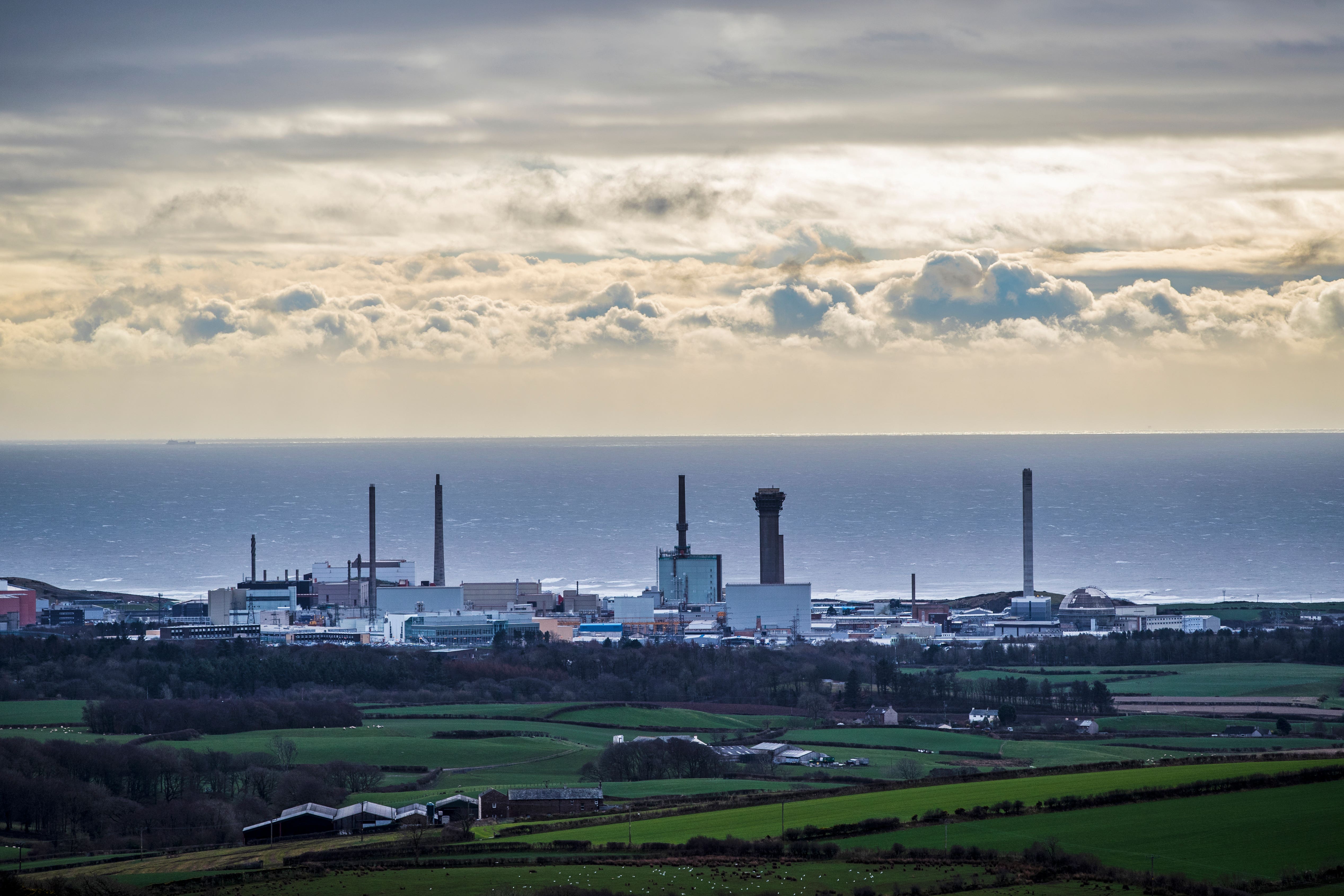A report by MPs has warned that one of Britain’s most dangerous buildings may continue to leak radioactive water well into the 2050s, as decommissioning efforts at Sellafield struggle to keep pace.
The Commons Public Accounts Committee (PAC) released a report on Wednesday, criticising the slow progress of decommissioning work at the former nuclear power plant, citing “failure, cost overruns, and continuing safety concerns”.
PAC chairman Sir Geoffrey Clifton-Brown acknowledged “signs of improvement” but stressed that Sellafield continues to pose “intolerable risks”.
He said that the scale of the decommissioning project makes it difficult to grasp the urgency of safety hazards and cost overruns.
“Every day at Sellafield is a race against time to complete works before buildings reach the end of their life,” he said, adding that the report indicates Sellafield risks losing this race.
The Magnox Swarf Storage Silo (MSSS), described by the Nuclear Decommissioning Authority (NDA) as “the most hazardous building in the UK,” highlights these risks. Since 2018, the MSSS has been leaking radioactive water into the ground, releasing enough water to fill an Olympic swimming pool every three years.
This leakage is expected to persist until the oldest section of the building is emptied in the 2050s, approximately a decade later than initially projected.

Pointing to the fact that Sellafield Ltd had missed most of its annual targets for retrieving waste from buildings, including the MSSS, the committee warned: “The consequence of this underperformance is that the buildings are likely to remain extremely hazardous for longer.”
The NDA has acknowledged that the leak is its “single biggest environmental issue”, and a spokeswoman said managing it and retrieving waste from the MSSS was “our highest priority”.
She added: “As the report says, the leak in the Magnox Swarf Storage Silo is contained and does not pose a risk to the public. Regulators accept that the current plan to tackle the leak is the most effective one.”
Sir Geoffrey said: “It is of vital importance that the Government grasp the daily urgency of the work taking place at Sellafield, and shed any sense of a far-off date of completion for which no-one currently living is responsible.
“Sellafield’s risks and challenges are those of the present day.
“There are some early indications of some improvement in Sellafield’s delivery, which our report notes. Government must do far more to hold all involved immediately accountable to ensure these do not represent a false dawn, and to better safeguard both the public purse and the public itself.”
Sellafield ceased generating electricity in 2003 and, in addition to work cleaning up the site, now processes and stores nuclear waste from power plants around the UK.
In the longer term, the Government plans to create an underground geological disposal facility (GDF) to store nuclear waste for the thousands of years it will take to become safe.
But the committee said delays in creating the GDF, which is now not expected to be done until the late 2050s, meant more costs for Sellafield as it required more storage facilities.
NDA chief executive David Peattie said he welcomed the PAC’s scrutiny and would consider how best to address its recommendations.
He said: “We take the findings seriously and the safety of the site and the wellbeing of our people will always be our highest priorities.
“As the committee has noted, Sellafield is the most complex and challenging nuclear site in the UK. We are pleased they recognise improvements in delivering major projects and that we are safely retrieving waste from all four highest hazard facilities.
“With the support of our employees, their representatives, community and stakeholders, we remain committed to driving forward improved performance and continuing to deliver our nationally important mission safely, securely and sustainably.”
As well as criticising delays in clean-up operations and calling for an overhaul of how the site functions, the PAC expressed concern that there was a “sub-optimal culture” at Sellafield.
The committee pointed to the 16 non-disclosure agreements signed by Sellafield Ltd in the last 16 years, and called on the NDA to publish information about the prevalence and perception of bullying in its annual report.
The NDA spokeswoman said: “We’re committed to an open and respectful culture and we’ve taken decisive action to enable this, including strengthening our whistleblowing policy.
“Evidence shows the improvements are working and the report acknowledges the improvement in staff survey results over recent years, but we are never complacent and will continue to strive to ensure the NDA group is a place where everyone feels respected and empowered to raise issues, knowing that they will be acted upon appropriately.
“As the report notes, it is one of the conditions of Sellafield’s nuclear site licence to have a robust process for reporting safety issues and the independent nuclear regulator has given the site a green rating of compliance.”



